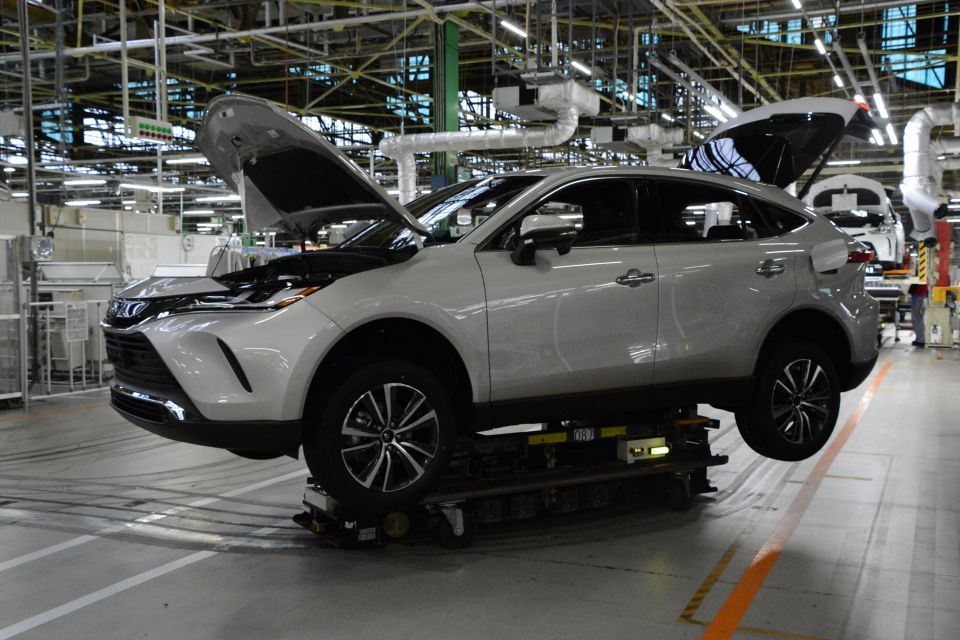

James Wong
2025 Cupra Terramar VZ review
6 Days Ago

Journalist
UPDATE (Wed March 2, 2022): Toyota has resumed production at its 14 factories in Japan after one-day shutdown caused by a cyberattack on Kojima Industries, a plastic components supplier.
Kojima told Reuters it discovered an error on a file server on Saturday night, local time. The company confirmed the machine had been infected with a virus, which contained a threatening message written in English.
The downed server prevented the company from communicating parts orders with Toyota, causing the automaker to halt production at all 14 of its domestic factories.
Toyota has confirmed it will halt production at all of its factories in Japan because of a “system failure” at Kojima Industries, a supplier of plastic components.
A Kojima representative told the Nikkei: “It is true that we have been hit by some kind of cyberattack. We are still confirming the damage and we are hurrying to respond, with the top priority of resuming Toyota’s production system as soon as possible.”
The shutdown affects 28 lines at 14 plants in Japan, and begins on March 1, 2022. It’s unclear when Toyota, Daihatsu and Hino will resume production.
The newspaper estimates Toyota will lose production of 13,000 vehicles every day during a complete closure. No word yet on whether the problems at Kojima will have an impact on Toyota’s factories outside of Japan.
Most of the company’s most popular products Down Under, including the Corolla and RAV4, are made in Japan. The top-selling Hilux, however, is produced in Thailand.

Kojima says it is working with Toyota and other firms to “determine the cause” of the attack, and help bring its systems back online.
It’s unclear if the cyberattack on Kojima is related to Russia’s invasion of Ukraine, but over the weekend Japan backed the toughest sanctions yet against Vladimir Putin’s country.
This included locking a number of large Russian banks out of the SWIFT system, which facilitates international money transfers between financial institutions.
The EU, USA, and other nations also undertook measures to prevent the Russian central bank from using its estimated US$500 billion ($690 billion) foreign reserve war chest to prop up the rouble.
Like other automakers, Toyota has stopped production at various points throughout 2021 due to the global semiconductor shortage.
As part of Toyota’s tightly integrated just-in-time system, suppliers deliver components to the automaker in precise quantities and at specific times. This highly efficient setup minimises storage space requirements at the automaker’s factories, but means issues from one source often have a large ripple effect.
Kojima Industries supplies plastic parts exclusively to Toyota, and is headquartered in Toyota City, on the outskirts of Nagoya.
Where expert car reviews meet expert car buying – CarExpert gives you trusted advice, personalised service and real savings on your next new car.
Derek Fung would love to tell you about his multiple degrees, but he's too busy writing up some news right now. In his spare time Derek loves chasing automotive rabbits down the hole. Based in New York, New York, Derek loves to travel and is very much a window not an aisle person.


James Wong
6 Days Ago


Max Davies
5 Days Ago


Andrew Maclean
4 Days Ago


Max Davies
3 Days Ago


Damion Smy
2 Days Ago


James Wong
1 Day Ago